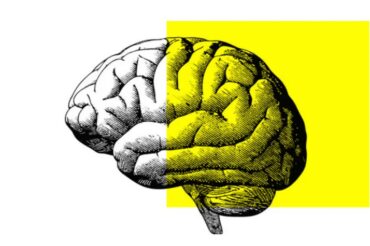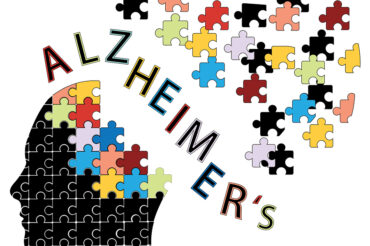Montreal study finds increased cancer and tumour risk due to wildfires
(Daniel J Rowe/ CTV News) — With wildfires in Quebec already exceeding 10-year averages in size and quantity, a new study out of Montreal suggests the health of those living near are at a greater risk of developing lung cancer and brain tumours.
Quebec’s forest fire protection agency (SOPFEU) reports seven active …









